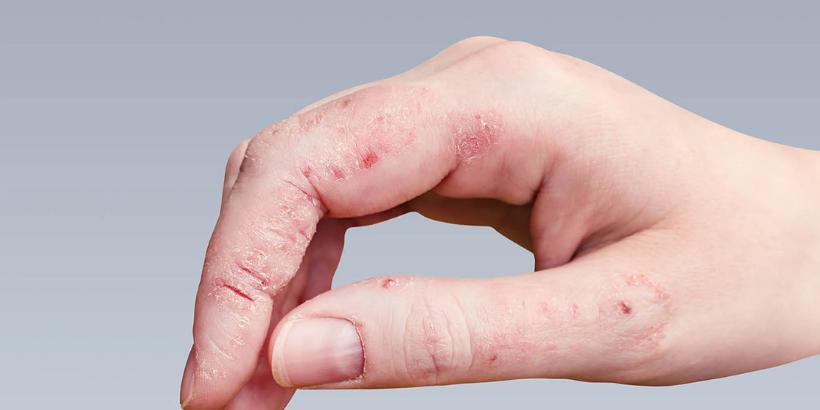Changing the temperature poses numerous issues. Climate and weather changes force fungi to adapt over time, leading to a variety of issues. The likelihood of a fungal infection rises during the rainy season because of the high humidity. During the monsoon, staying well depends critically on avoiding fungal infections. Understand what a fungal illness is and how one could avoid it during the monsoon.
Fungal infection: what is it?
Different fungi that thrive in hot and humid environments cause fungal diseases. Common fungal illnesses during the rainy season comprise athlete’s foot, shingles, jock itch, fungal nail infection, etc. Severe cases of these diseases can affect skin, nails, and even internal organs.
Prevent monsoon fungal infections.
Taking care of certain items and exercising caution can help you solve these issues. These simple strategies can help you avoid fungal infections during the monsoon season.
Dress for the occasion: Selecting appropriate attire might help lower the monsoon fungal infection risk. Thus, in this season one should choose loose materials like cotton or linen. More tightly fitted synthetic clothing allows sweat to arrive very quickly, increasing the risk of fungal infection.
Preserving personal cleanliness will also help to avoid this issue. Use lukewarm water and light soap on a daily basis. Give particular attention to those areas of your body where the likelihood of a fungal infection is higher, such as the legs, waist, and armpits.
Keep your feet dry; the monsoon increases your risk of a foot fungal infection. Therefore, it is crucial to always keep your feet dry and clean. Moreover, you can use foot powder or antifungal spray to stop fungal development.
Maintaining cleanliness in your surroundings The fungus can thrive on your skin as well as in your house’s moist and filthy surroundings. Thus, every day, clean your house thoroughly to prevent a monsoon fungal infection. A humidifier can help lower the humidity level in a household. Furthermore, keep your items—such as shoes, socks, etc. that you share with others under wraps.
Someone runs a fast risk of developing this infection if their immune system is poor or if they have skin problems. Under such circumstances, you should see a doctor right away if you get any fungal infection symptoms, including itching, redness, etc.





